A time for concerted action among Quad countries: Gateway House Task Force Report
Group identifies areas of potential economic and technological cooperation between four like-minded democracies in the Indo-Pacific

Group identifies areas of potential economic and technological cooperation between four like-minded democracies in the Indo-Pacific
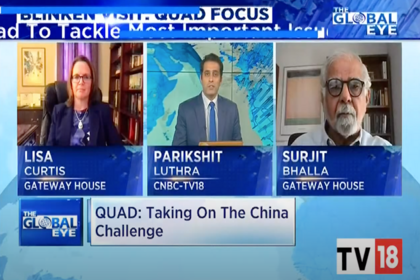 Courtesy: CNBC-TV18 (Youtube)
Courtesy: CNBC-TV18 (Youtube)
On 30 July 2021, Lisa Curtis and Surjit Bhalla, co-chairs of the Gateway House Quad Economy and Technology Task Force, spoke to CNBC-TV-18 on the various channels of cooperation between the Quad countries in technology, supply chains and undersea cables, and the need to counter China's dominance in the Indo-Pacific.
 Courtesy: Shutterstock
Courtesy: Shutterstock
A ransomware attack recently targeted Kaseya, a software services company in the U.S., for $70 million, incapacitating hundreds of its clients globally. There is an increasing incidence of such attacks, with perpetrators targeting government agencies and high-tech companies, leading to considerable economic losses. How can governments mitigate these threats and attribute responsibility to those accountable?
 Courtesy: Shutterstock
Courtesy: Shutterstock
For years, Western countries have used sanctions as a means of economic warfare against their adversaries. Now, China and Russia are utilising the same tactic against the West. The United Nations Security Council is paralysed by differences between the five permanent members, leaving the tools of unilateral sanctions and counter-sanctions to proliferate at the cost of UN-approved multilateral sanctions.
 Courtesy: Shutterstock
Courtesy: Shutterstock
With the U.S.-led Artemis Accords gathering momentum, and China and Russia joining hands, space exploration is becoming economically important. Countries increasingly want to participate in the space exploration economy and are partnering with space superpowers that have aligned geopolitical and geoeconomic interests. India, too, must do the same, says Dr. Chaitanya Giri, Fellow, Space and Ocean Studies Programme.
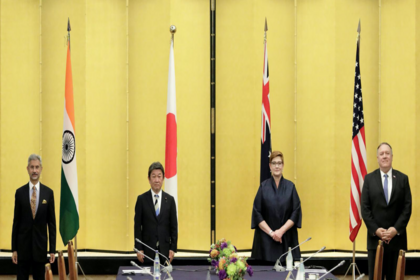 Courtesy: Reuters
Courtesy: Reuters
On 23 June 2021, Gateway House hosted the Interim Meeting of the Quad Economy and Technology Task Force. Lisa Curtis and Surjit Bhalla, co-chairs of the task force, explain how the Quad can scale up economic and technological collaboration and pool resources to counter Beijing’s plans to dominate supply chains and global tech.
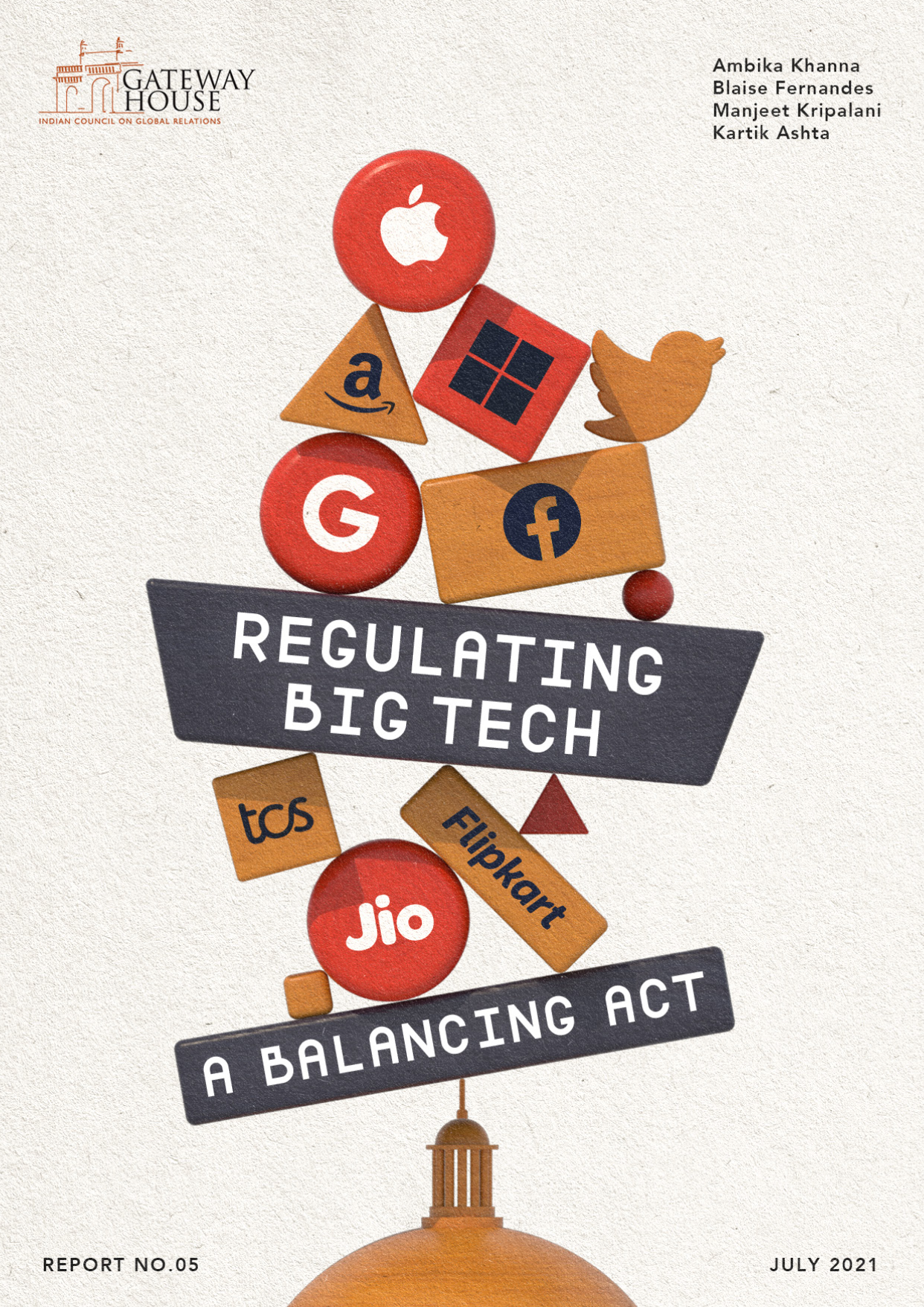 Courtesy: Gateway House
Courtesy: Gateway House
Big Tech is powerful and its profits are growing - by 105% over the last year. It dominates economies. This raises concerns about data protection and privacy, anti-trust, fintech and the specific role of intermediaries. India is leading the way on fintech, but is behind several countries and institutions on digital rules. It is important to establish laws and rules to govern technology – whether domestic or through multilateral bodies – with the aim to strike the right balance between innovation and regulation.
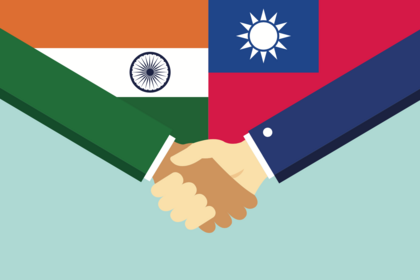 Courtesy: Shutterstock
Courtesy: Shutterstock
India and Taiwan face a common cyber threat from China – an extension of their respective territorial disputes with Beijing. This makes it essential for New Delhi and Taipei to initiate informal cybersecurity cooperation. They can begin by focusing on cyberattack attribution, critical infrastructure protection and cyber hygiene.
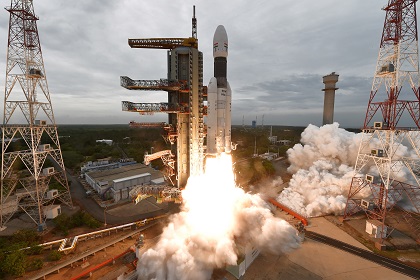 Courtesy: ISRO
Courtesy: ISRO
The Indian administration enacted much-needed space reforms in 2020, paving the way for a private space industry in the country. However, the COVID-19 pandemic has suspended space launch activities in the country. The Department of Space must remove these redundancies to make India’s space launch centers and spaceports market-oriented and ready for commercial, military, civilian, and experimental space launches.
 Courtesy: Twitter | @ColPipe
Courtesy: Twitter | @ColPipe
The ransomware attack on Colonial Pipeline in the U.S. has underlined the importance of cyber security in critical infrastructure. India has not escaped the brunt of a recent global surge in cyber attacks. Though New Delhi has taken steps to protect critical infrastructure, problems in information sharing of threat vulnerabilities impede an effective response.